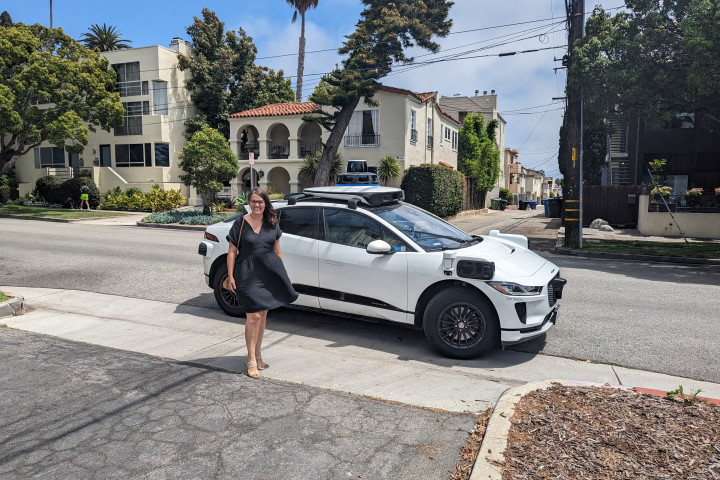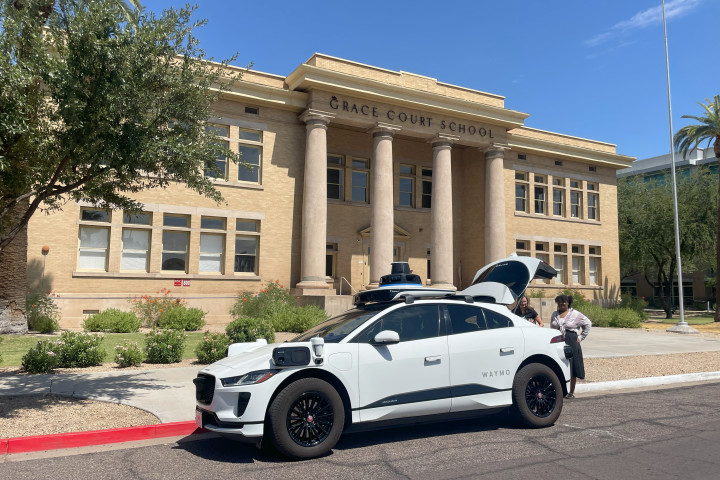‘Defensive Driving Principles Were Embedded Into the Code’: Safety Experts on Waymo
March 14, 2023
Partnered with National Safety Council
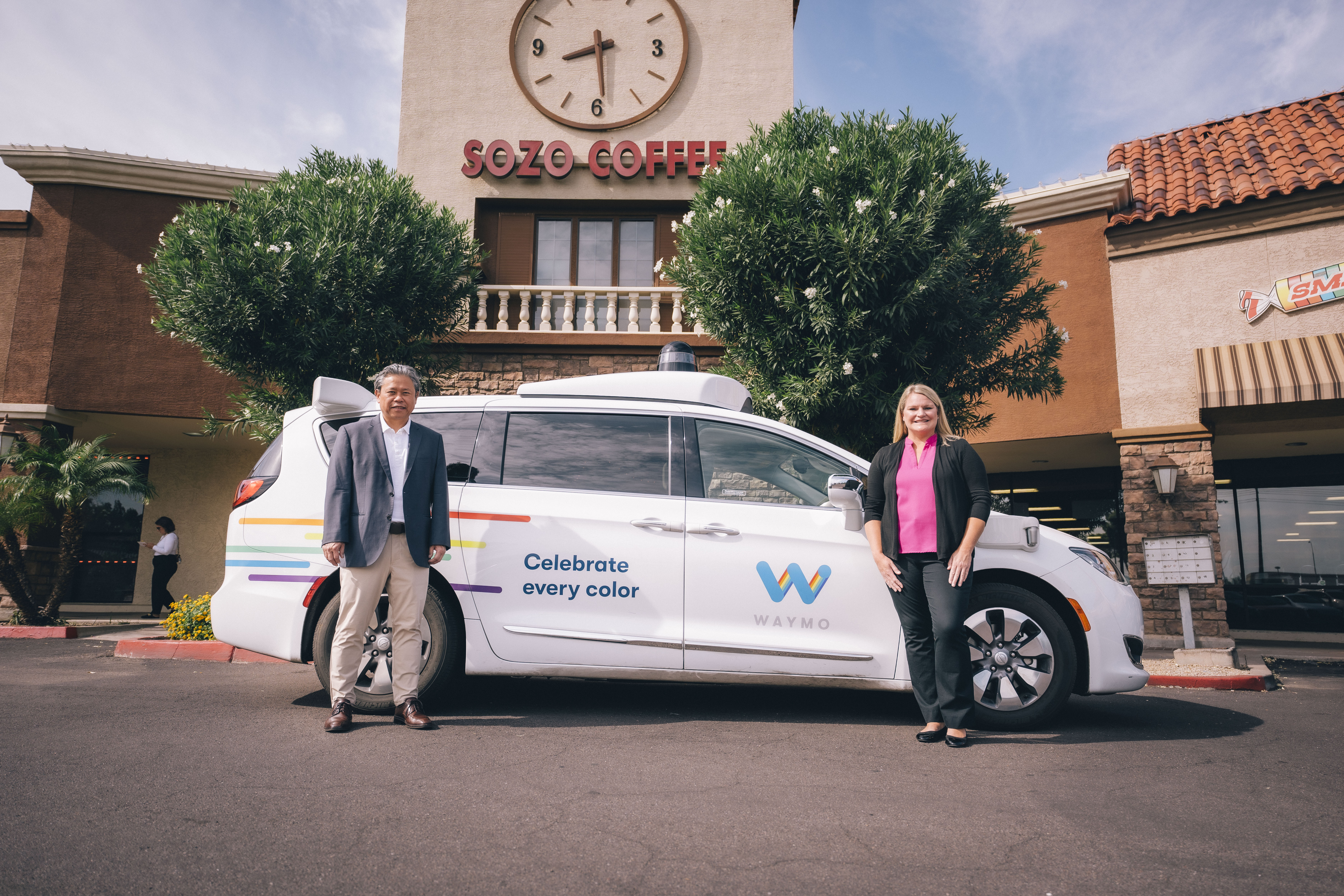
For more than a century, the National Safety Council (NSC) has raised awareness about workplace and roadway safety. In that time, the organization has trained more than 80 million people on defensive driving and worked toward a vision of no more road fatalities.
NSC also partners with Waymo, an autonomous driving technology company, to educate people about the next frontier of road safety innovation.
“We are thrilled to work with Waymo because we are excited about what the future holds for us in terms of mobility safety and working towards zero fatalities,” says Mark Chung, executive vice president of roadway practice at NSC and a veteran automotive industry insider.
We are thrilled to work with Waymo because we are excited about what the future holds for us in terms of mobility safety and working towards zero fatalities.
For years, Waymo has worked with senior safety leaders at NSC through the public education campaign Let’s Talk Autonomous Driving.
“I could tell that defensive driving principles were embedded into the code,” says Chung, who rode in a Waymo One passenger vehicle and Waymo Via Class 8 semi-truck in Metro Phoenix.
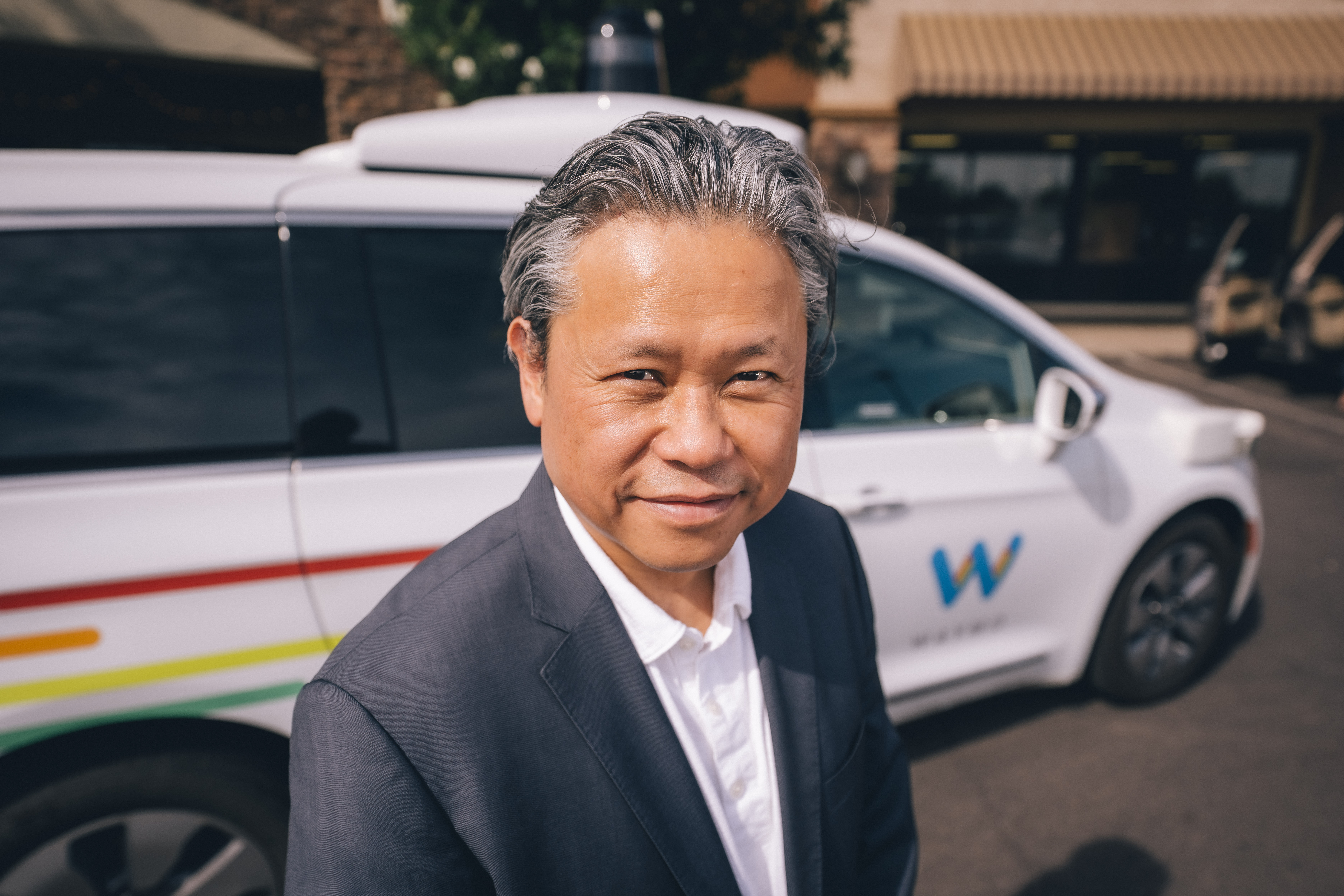
According to NSC, defensive driving principles involve remaining constantly vigilant and anticipating potential mistakes by other drivers and being ready to react. It involves scanning the road and always being aware of what’s all around the vehicle.
Chung says that he sensed the Waymo Driver slow down when it observed a pedestrian alongside the road. Waymo’s technology is designed to obey road rules, drive cautiously, be constantly vigilant, aware of what’s around it at all times, anticipate what other road users may do next and make safe driving decisions.
“That is what it takes to make sure the vehicle can travel safely,” Chung says.
Jamie Arquilla, director of development at NSC, emphasizes that road safety is inclusive of everyone on or near a road.

“The thing I love about my role at the National Safety Council is that I'm making a difference for everyone, from a child who is properly restrained in a car seat in a moving vehicle to the pedestrian who is walking on a sidewalk,” Arquilla says. “The roadway safety work that we do impacts everyone, whether they're behind the wheel or not.”
Arquilla, who also rode with Waymo One and Waymo Via, says she immediately felt at ease in the autonomously driven vehicles.
“My experience in a Waymo AV was exhilarating," Arquilla says.
“It is a very different experience being at that height,” Arquilla says of riding in Waymo Via semi-truck. “I felt very comfortable knowing... it was autonomous technology that was in control.”
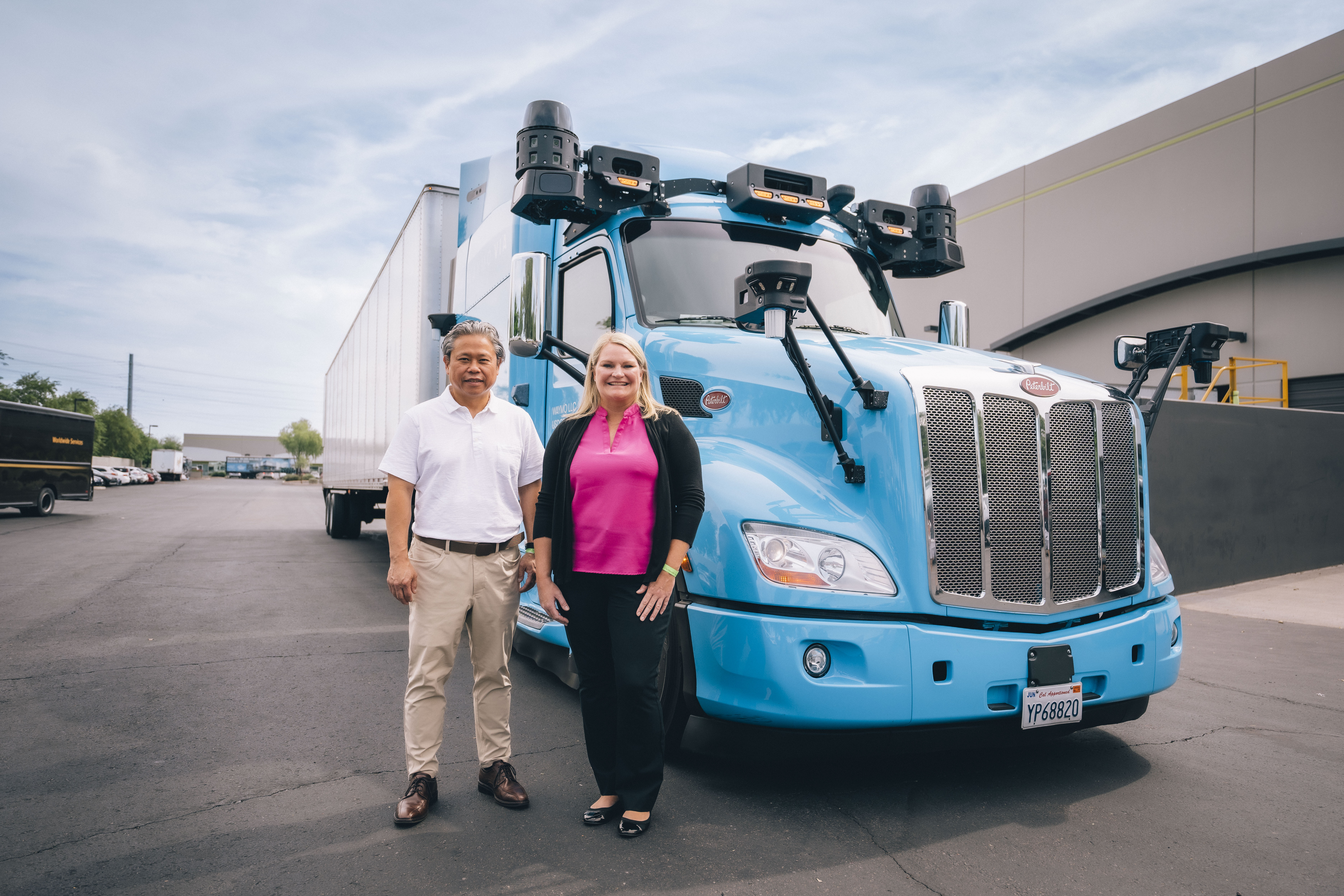
Waymo’s autonomous driving technology, no matter what type of vehicle it is driving, is designed to obey road rules like speed limits. Chung says that is something all drivers should be vigilant about, autonomous or not.
“The single most impactful thing that we could all do is to slow down,” Chung says. “And speed is among the biggest contributors to the fatalities that we're seeing on the roadways.”
In addition to avoiding speeding, Chung urges drivers and passengers to always buckle their seatbelts and consistently avoid driving impaired, i.e., driving fatigued, distressed, or under the influence of drugs or alcohol.
“If we could practice those three things, slowing down, buckling up, and not driving impaired, we could get to zero [fatalities],” he says.
Arquilla says Waymo’s autonomous driving technology, which is engineered with safety as a core design principle and never drives impaired, holds the promise to save lives.
“Even if it is making a difference in saving one life, then it is successful.”
Sign Up
Join us in the most important conversations about how autonomous driving technology may shape the future of safety, mobility, community, and society.

